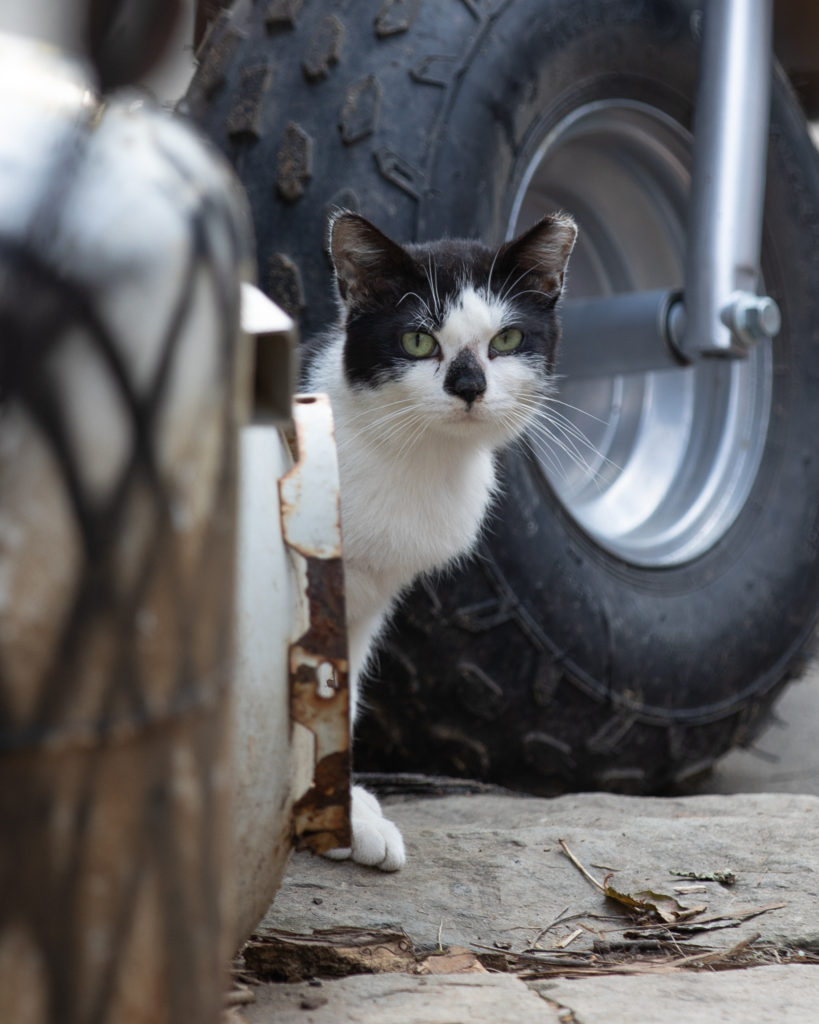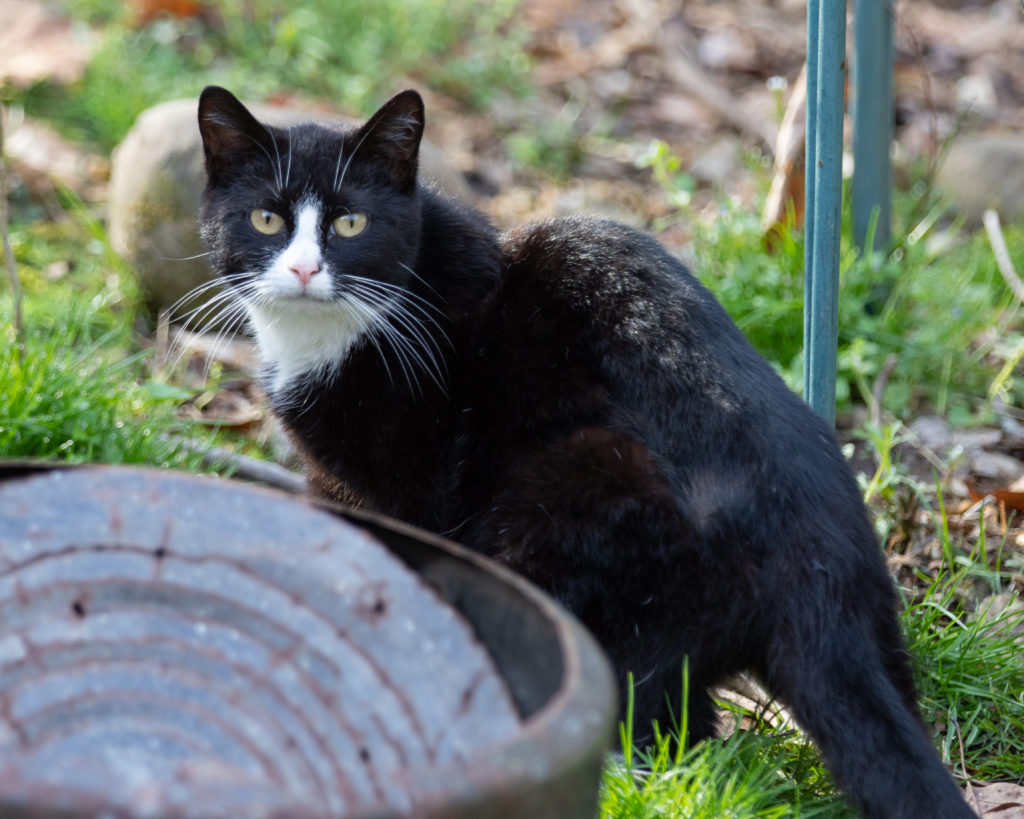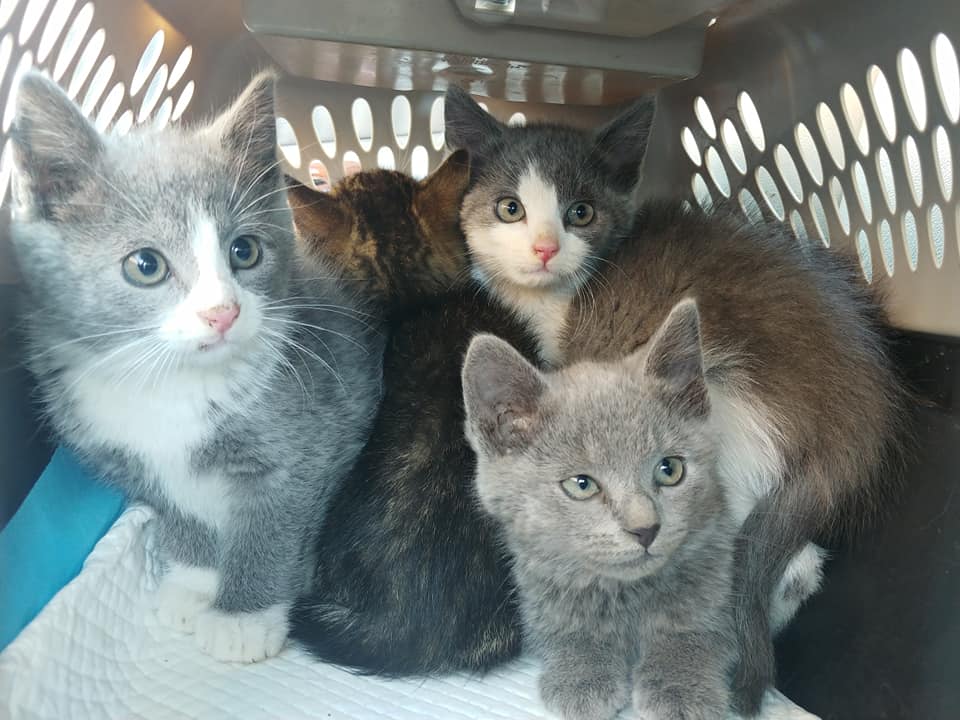What are Community Cats?
It is a common misconception that community (feral) cats are a new phenomenon. The feral cat population was not created by humans and is not new to the environment. Feral cats did not originate from lost pets or negligent pet owners. Cats are a natural part of the landscape. They exist in high numbers throughout the world, even on islands where cats have never been pets.
For thousands of years, community cats have lived healthy lives outdoors and play an important role in the ecosystem. Throughout most of the world, cats are still considered an outdoor species. In the thousands of years that cats have lived alongside humans, indoor only cats have only been common in the past 50 years or so, a very small amount of time on the evolutionary scale.
Community cats are considered untamed and wild. They are usually born in the wild and therefore lack human socialization. Stray cats are considered to be lost or abandoned pets that stay social and friendly with humans. Pet cats, strays, and ferals all belong to the species we call domestic cat.



